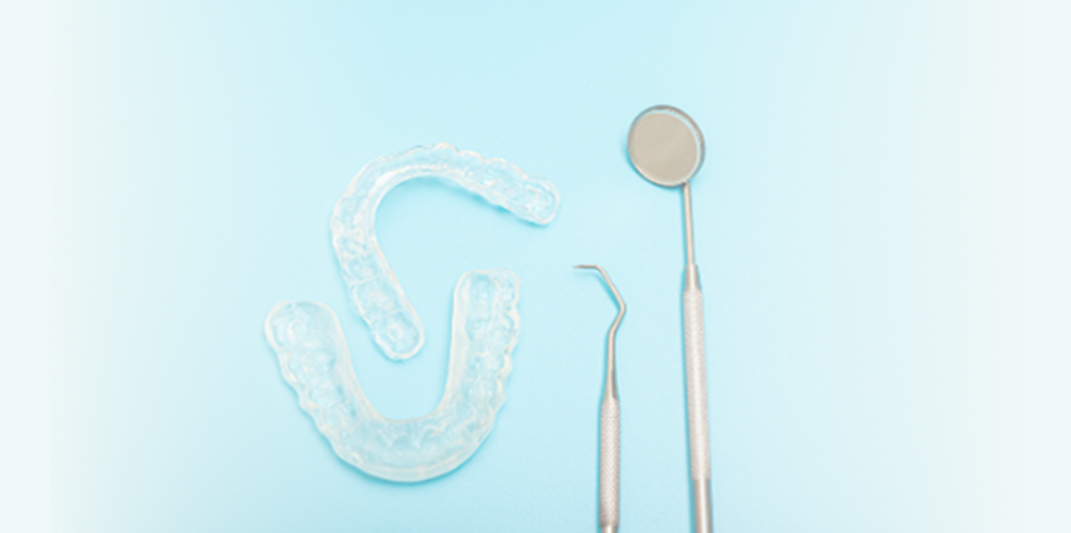Mouth – Body Connection
Oral health is not only important to our appearance and sense of wellbeing, but it also has an impact on our general health. The health of your mouth, teeth and gums may affect your overall health. Gum disease and cavities may be associated with other serious health conditions.
Oral health and diabetes: Dental problems such as bleeding gums, cavities, dry mouth and fungal infections may be an indication of other serious medical conditions such as diabetes. Diabetes lowers the body’s resistance to infection, increasing the risk of gum disease. Sugar promotes bacterial growth in your mouth that will destroy the outer protective layer of the tooth, also known as the enamel. This can lead to development of cavities which could be one of the dental manifestations of diabetes.
Good oral hygiene habits, including frequent professional cleanings, regular brushing and flossing are important to control the progression of gum diseases. Patients with diabetes should appropriately control their blood glucose and ensure proper care of their gums and teeth to prevent dental problems.
Oral health and heart disease: Some research suggests that poor oral hygiene and gum disease may increase your risk of developing heart disease. Heart disease may be linked to the oral bacteria, possibly secondary to chronic inflammation from periodontal disease. Certain bacteria could cause inflammation of the heart and circulatory system, causing a narrowing and obstruction of the arteries in the heart. Although, additional research is needed to understand the relationship between oral health and heart disease, regular brushing and flossing is recommended by your dentist for prevention of heart diseases.
Oral Health and Osteoporosis: Osteoporosis, a bone disease characterised by a decrease in bone mass and density may be associated with tooth loss. As the jaw bone that supports and anchors the teeth loses its density, the teeth loosen from their sockets. Periodontal disease causes bone loss around the teeth. Therefore, if you are suffering from osteoporosis it is more important to brush and floss regularly to decrease the risk of tooth loss. Women with osteoporosis are at a greater risk of losing their teeth. Adequate amounts of calcium and vitamin D, healthy diet, and regular exercise can prevent osteoporosis and associated tooth loss.
Oral health and Smoking: Smokers are at a greater risk of developing dental problems such as tooth discoloration (stained teeth), tooth loss, gum disease, deep pockets between gums and teeth, plaque build-up, bone loss of the jaw bone, mouth ulcers, and oral cancer.
Quitting smoking and other forms of tobacco can reduce the risk of several oral health problems.











